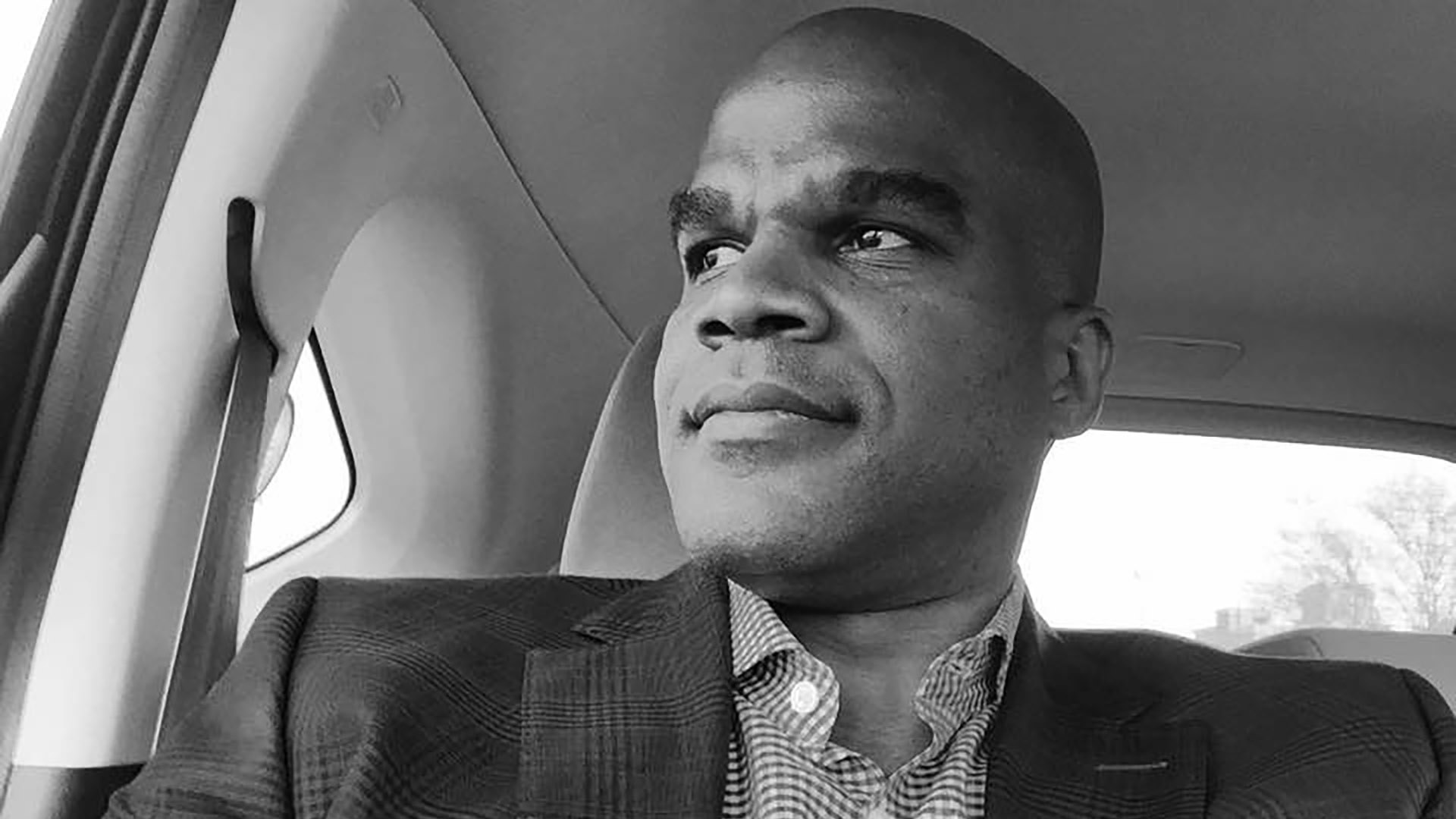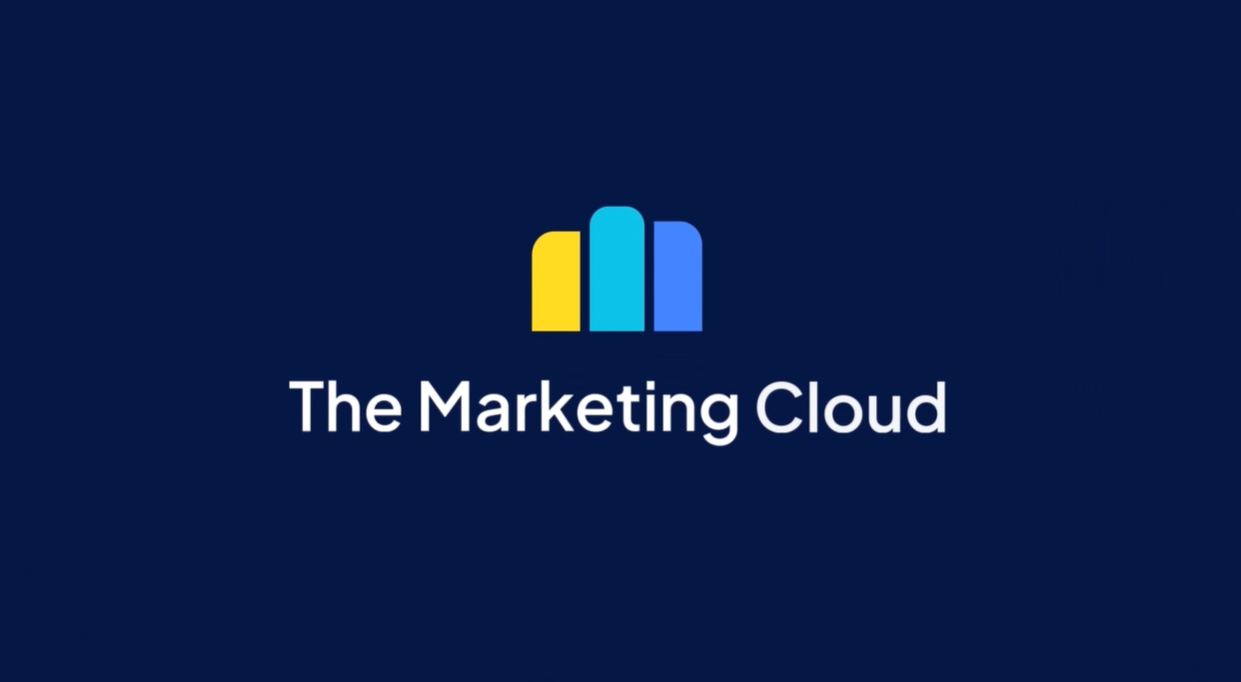Thought Leadership
3 Things to Know When Creating Branded Entertainment
By
Geoff Edwards,
Executive Creative Director, GALE
CONTACT
hello@stagwellglobal.com
SIGN UP FOR OUR INSIGHTS BLASTS

GALE’s Executive Creative Director Geoff Edwards was selected to chair the Branded Entertainment category at this year’s London International Awards. Below he outlines the 3 things to keep in mind when creating work for this category.
I feel fortunate to have been chosen to chair the Branded Entertainment category at this year’s London International Awards. However, there’s a challenge that comes with judging this evolving category. Branded Entertainment represents the most inspired creativity that our Industry has to offer, but let’s be honest, it’s confusing at times, and amorphous. I’ve judged this category in a prior life and created successful content throughout my career for brands like Adidas, Microsoft XBOX, and Spotify, and the same questions surface: “Is it entertainment or is it marketing? Is it product placement or is it product integration? What is it? What isn’t Branded Entertainment? And what exactly are we judging?”
Here are 3 things to keep in mind when creating work for this category:
1) All marketing needs to be performance marketing.
No exceptions. This category is exciting, creatively rich, and tends to be entertainment focused, but the work still needs to communicate a clear and simple message about the brand and expand its audiences. Here’s an interesting stat: In 2021, worldwide digital advertising spending amounted to $455.3 billion. Statista estimates this figure will increase over the next couple years, reaching $646 billion by 2024. Considering this projection, social media marketing, email, mobile, and other forms of performance marketing will enter the fold more and more. This by no means implies that you shouldn’t shoot for the stars creatively and ambitiously, but at the end of the day the work we make, even Branded Entertainment, ‘should work.’ Trust me, your clients will love you for this! If you disagree, I hear Netflix is hiring.
2) Branded Entertainment needs its own marketing plan.
What your content strategy is, where your content lives, and who your content is created for is foundational to creating effective Branded Entertainment. In the past it’s been a clever or beautiful film dropped on YouTube. Or an influencer featured in a short series featuring a product or service. But today this simply isn’t enough. The most impactful work sits at the center of a brand narrative. And all communications must row in the same direction. Creating a piece of content with no support is no longer acceptable for clients. Branded Entertainment is a chapter in a bigger story. And that story needs to be supported by a multichannel marketing strategy.
3) Telling a better story starts with a better strategy.
Branded Entertainment exists to engage consumers without leaving them feeling sold to. Storytelling is and will always be the way we make that human connection. However, those are table stakes today. Brands are competing with entertainment and social content of all types, and this was never made more clear than during the pandemic. Our stories can’t be interruptive anymore, they need to be as exciting and engaging as the content that surrounds it. Or even be part of the entertainment itself. Last year’s LIA submissions were good but could have benefitted from equally creative media. I know we’re not judging media and strategy, but a great idea is inextricably linked to the way we see and experience it. Hard to separate the two. Telling a better story also requires developing a better strategy. Creating better content where the brand is integral to the storyline. Partnering with better ‘makers’ to create your film or your experience. This year, I hope to challenge the perception that Branded Entertainment cannot be also brand building. Not just a fast growing trend.
My most celebrated work has been Branded Entertainment.
I’ve worked at companies where creative was everything.
I’ve worked at companies where data was everything.
I believe the intersection of both roads is ultimately where brand success is.
Related
Articles
Artificial Intelligence, In the News, Marketing Frontiers, Press Releases, Stagwell Marketing Cloud, Tech
Jun 12, 2025
PRophet, a Stagwell (STGW) Company, Completes Integration of UNICEPTA, Launches Unified Brand and Enhanced Media Intelligence Offering

In the News, Marketing Frontiers, Press Releases, Stagwell Marketing Cloud, Tech
Jun 11, 2025
The Marketing Cloud Launches Cutting-Edge Platform to Simplify Marketing Workflows

In the News, Press Releases, Thought Leadership
Jun 10, 2025
Stagwell (STGW) Chairman and CEO Mark Penn to Discuss the Irreplaceable Power of Human Creativity on the Main Stage of Cannes Lions





